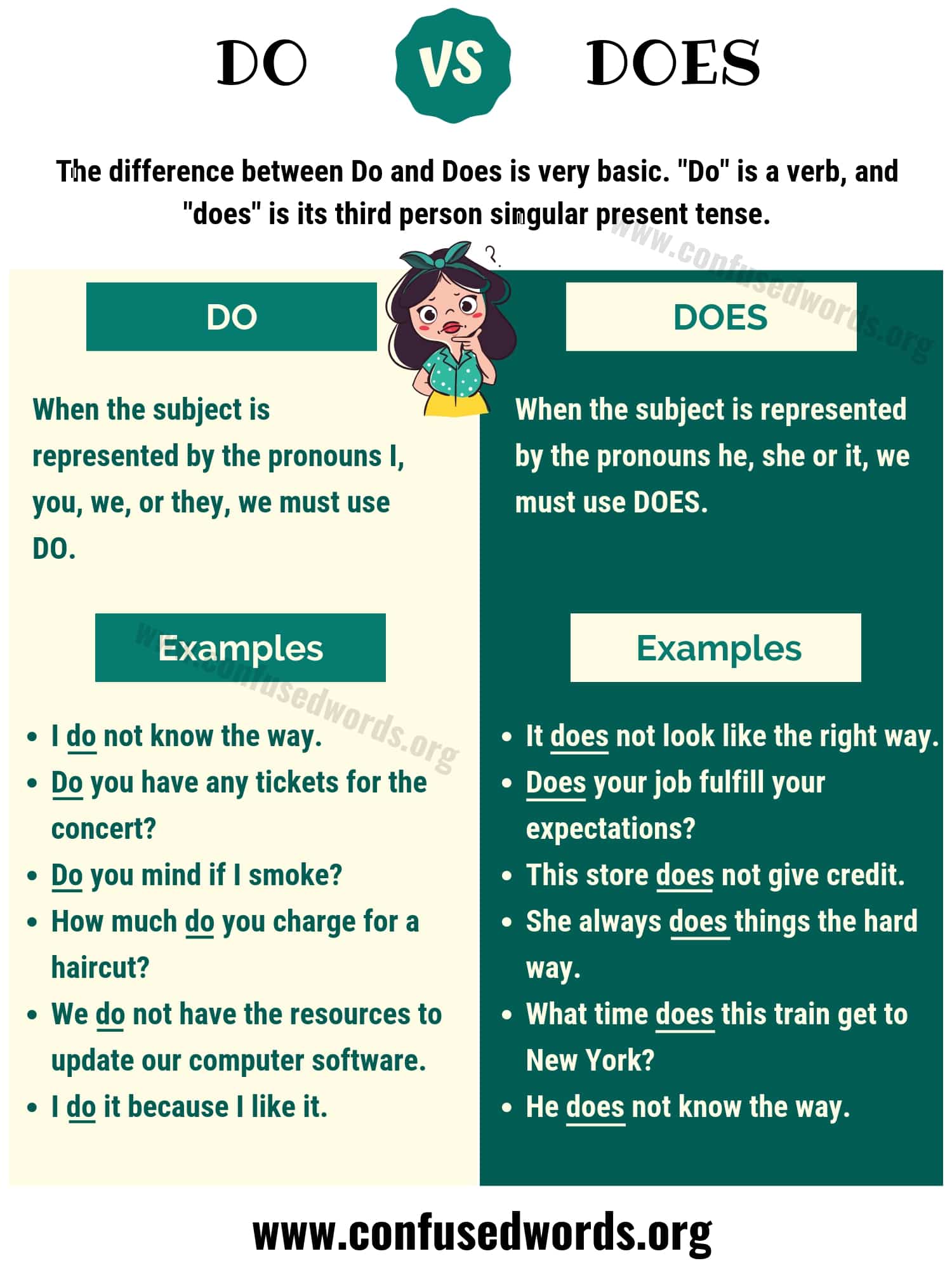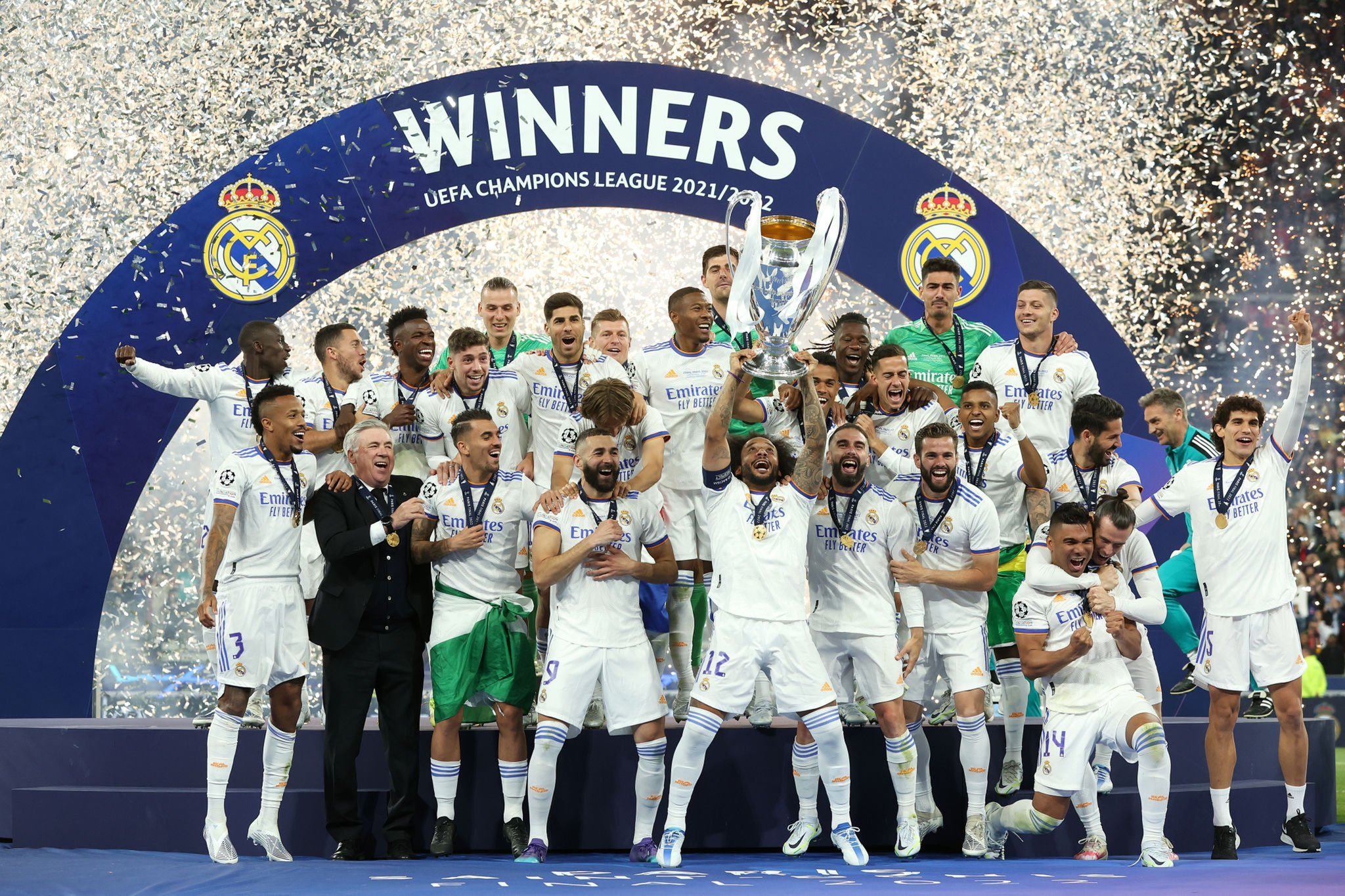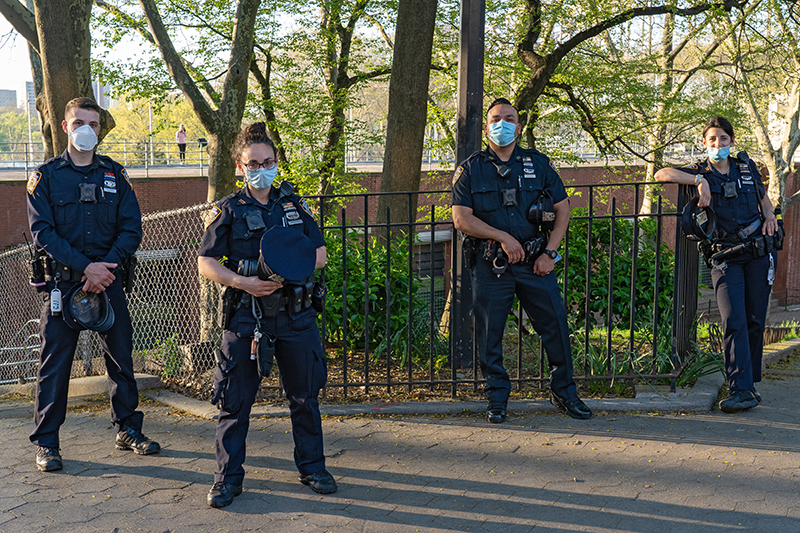Mastering the Art of the Entertainment Industry Cover Letter: Proven Strategies and Essential Steps
Introduction: Why a Tailored Cover Letter Matters in Entertainment
Breaking into the entertainment industry is highly competitive, whether you’re pursuing a role in film, television, music, or live events. A well-crafted cover letter can be your ticket to standing out among hundreds of applicants. Unlike a generic letter, a tailored cover letter demonstrates your understanding of the industry, showcases your relevant skills, and makes a personal connection with hiring managers [1] . In this article, you’ll find comprehensive, step-by-step instructions for writing an effective entertainment cover letter, real-world examples, and guidance on how to access resources and alternatives.
Understanding the Unique Demands of Entertainment Industry Applications
The entertainment sector values creativity, professionalism, and adaptability. Employers look for candidates who can thrive in fast-paced, ever-changing environments. Your cover letter is not just a summary of your experience-it’s your opportunity to demonstrate your passion for the field and your fit for a specific company’s culture [2] . To ensure your letter resonates, research the company and the specific job description thoroughly before you start writing. Identify the core qualities and skills they seek, such as project management, technical expertise, or teamwork, and be prepared to provide concrete examples of how you meet these criteria.

Source: assignmentmasters.co.uk
Essential Elements of an Entertainment Industry Cover Letter
A strong cover letter in this field contains several key components, each serving a distinct purpose:
- Contact Information and Portfolio: Begin with your full name, address, phone number, email, and a link to your portfolio or website if applicable. This makes it easy for hiring managers to connect your application with your creative work [1] .
- Personalized Greeting: Address the hiring manager by name. If the name isn’t listed, research the company’s website or LinkedIn page. A personal touch shows initiative and attention to detail [3] .
- Compelling Opening Paragraph: State the job you’re applying for and where you found the posting. Highlight your excitement for the position and briefly mention your most relevant skills or accomplishments. For example, reference a successful project or a quantifiable achievement from a prior role.
- Body Paragraphs with Evidence: Use the next one or two paragraphs to describe your experience and strengths. Focus on achievements that relate directly to the job description. Quantify your impact when possible (e.g., “coordinated a team of 10 for a live event that drew 5,000 attendees”). Mention specific skills such as managing tight deadlines, working collaboratively, or innovating on set [5] .
- Connection to the Employer: Explain what attracts you to this particular company or project. Demonstrate that you understand its mission, recent productions, or industry reputation. This shows you’ve done your homework and are genuinely interested in contributing to their team [1] .
- Enthusiastic Closing: Thank the reader for considering your application, reiterate your interest in the role, and express your eagerness to discuss your fit in an interview.
Step-by-Step Guide: Writing Your Entertainment Cover Letter
Follow these actionable steps to ensure your cover letter is targeted, effective, and professional:
1. Analyze the Job Description Thoroughly
Highlight keywords and required skills in the job listing. Tailor your letter to echo these terms, as many employers use applicant tracking systems (ATS) that scan for relevant keywords [1] . For instance, if the role mentions “production coordination,” “script coverage,” or “client relations,” weave these phrases into your narrative.
2. Structure Your Letter for Clarity
Maintain a clear, organized format. Use single spacing with a space between paragraphs, and left-align your text for easy reading. Ensure each section-introduction, body, and closing-is distinct. This simplicity is especially valued in entertainment, where professionals often review hundreds of applications daily [3] .
3. Showcase Quantifiable Achievements
Rather than listing duties, describe your impact with numbers or outcomes. For example: “Managed logistics for a 12-city concert tour with a team of 15, consistently delivering events on schedule and under budget.” This approach offers concrete proof of your capabilities and professionalism [5] .
4. Infuse Your Personality and Passion
Entertainment employers value genuine enthusiasm. Briefly share what excites you about the company or the industry. A statement like, “My passion for unscripted television drives my commitment to innovative storytelling,” helps create a memorable impression [2] .
5. Proofread and Seek Feedback
Spelling, grammar, and formatting errors can undermine your professionalism. Carefully review your letter, use spelling and grammar tools, and consider asking a trusted peer or mentor to review your draft [3] .
Real-World Example: Production Assistant Application
Consider this excerpt from a cover letter for a Production Assistant position:
“During my internship at XYZ Productions, I supported daily shoot logistics, managed cast schedules, and coordinated equipment rentals for a 20-member crew. My proactive approach reduced setup times by 15% and ensured seamless production flow. I am eager to bring the same attention to detail and enthusiasm to your upcoming projects.”
This sample demonstrates the use of quantifiable achievements, industry-specific language, and a focus on the employer’s needs [5] .
Alternative Approaches for Unique Roles
The entertainment industry encompasses a wide range of positions, from on-camera talent to behind-the-scenes roles. If you’re applying for a creative or highly specialized job (such as set design or music production), consider including a brief story that highlights your creative process or a notable project. For technical roles, emphasize your mastery of industry-standard tools or technologies.

Source: minuteschool.com
For those new to the industry or changing careers, focus on transferable skills like project management, communication, and adaptability. Volunteer work, independent projects, or coursework can also serve as relevant experiences.
Accessing Resources and Support
If you need assistance crafting your cover letter:
- Search for professional cover letter templates on established job sites such as Indeed or LiveCareer. These resources offer sample letters and downloadable templates vetted by industry experts [1] [3] .
- Many universities and colleges have career centers that provide personalized guidance for entertainment careers. Contact your alumni office or career center and request a review of your materials.
- Industry associations (such as the Producers Guild of America or local film commissions) may offer workshops on resume and cover letter writing. Search their official websites for upcoming events or resources.
- If you are seeking feedback from professionals, consider reaching out to mentors through LinkedIn, or join online entertainment industry forums and networks.
Overcoming Common Challenges
Applicants often face challenges such as lack of direct experience, limited industry contacts, or uncertainty about how to format their letter. To address these:
- Lack of Experience: Focus on transferable skills and relevant achievements from other roles or academic projects. Highlight your willingness to learn and adapt.
- Formatting Concerns: Use clean, professional formatting. Avoid overly decorative fonts or colors; clarity is key [3] .
- Networking: Tap into professional associations, alumni groups, and online communities to gain insights and referrals.
Final Checklist: Before You Submit
- Ensure your letter is tailored to the specific job and company.
- Highlight quantifiable achievements and relevant skills.
- Proofread meticulously for errors.
- Follow any application instructions in the job posting exactly.
- Save your letter as a PDF to preserve formatting, unless instructed otherwise.
Summary and Key Takeaways
Crafting a compelling entertainment industry cover letter requires careful research, thoughtful customization, and clear communication of your value. By following the steps and strategies outlined here, you’ll be well-positioned to make a memorable impression and advance your career. Continually seek feedback, refine your approach, and stay current with industry trends to maximize your opportunities.
References
- [1] Indeed (2025). How to Write an Entertainment Industry Cover Letter (With Tips and an Example).
- [2] MyPerfectResume (2023). Entertainment Cover Letter Examples for 2025: Templates & Tips.
- [3] LiveCareer (2023). Media & Entertainment Cover Letter Examples.
- [4] Resume Worded (2025). 14 Film Production Assistant Cover Letter Examples.
MORE FROM 9scholarships.de













